Learn Artificial Intelligence: Train An AI Engineer To Play A Snake Game Using Python
Artificial Intelligence (AI) studies how to teach computers to do things that require intelligence when done by humans. The primary objective of AI is to create an AI system capable of performing cognitive processes associated with human minds, such as problem-solving and learning.
AI has become a household name thanks to movies like Terminator 2: Judgment Day, in which artificial intelligence seeks to destroy all humans; or Robot, where AI finds love and becomes more creative than any human artist ever could be; or even Wall-E, where humanoid robots are designed for manual labor but end up saving the world!
However, there are many different ways to use artificial intelligence besides these fantastical scenarios—not all involve destroying humanity either!
What is Artificial Intelligence?
Artificial intelligence is a broad field of computer science concerned with developing intelligent computer systems. AI research is concerned with the subject of how to create machines capable of intelligent behavior.
In practice, AI applications may get used in a variety of ways, including:
- Machine learning is a unique way of training computers to learn from data without directly programming them.
- Natural language processing entails teaching computers to comprehend human language and respond naturally.
- Predictive analytics is a technique that uses artificial intelligence to forecast future events, trends, and behaviors.
- Computer vision is a computer’s capacity to perceive and comprehend digital pictures.
What Are The Different Types Of Algorithms Used For Building AI Systems?
There are many different types of algorithms used for building AI systems. These are machine learning, deep learning, neural network, reinforcement learning, and natural language processing.
Game playing and expert systems also use some algorithms to perform their tasks optimally. You can use genetic algorithms (GA) for optimization problems with no known solution or when there are too many variables involved in finding a solution for problems such as scheduling issues.
Artificial Intelligence is indeed the future. It will help us make our lives easier and better. And if you want to use this in your daily life, all you have to do is get started with the basics.
The famous Snake game is one example of this. This classic game has been around for decades, but recent AI advancements have enabled an entirely new way to play.
AI can generate a first-person view of the game environment instead of the standard top-down view. This gives the user a new viewpoint on the game and creates a more immersive experience.
Artificial intelligence may also get utilized to generate more lifelike snake motions. Traditional Snake games employ simple pixelated visuals, but artificial intelligence (AI) may generate realistic snakes that slither and coil like the real thing.
Explore AI and Machine Learning courses with Imarticus Learning.
Become an AI engineer by attending the E & ICT Academy deep learning Artificial Intelligence certificate course. Students will benefit from this AI course as they prepare for jobs as data scientists, data analysts, machine learning engineers, and AI engineers.
Course Benefits For Learners:
- Students work on 25 real-world projects to get industry experience and prepare for a rewarding career in data science.
- You may impress employers and exhibit your abilities with an E & ICT Academy, IIT Guwahati, and an Imarticus Learning-endorsed credential.
- This IIT artificial intelligence course will assist students in obtaining lucrative professions in artificial intelligence and machine learning.
Contact us through chat support, or drive to our training centers in Mumbai, Thane, Pune, Chennai, Bengaluru, Delhi, and Gurgaon.


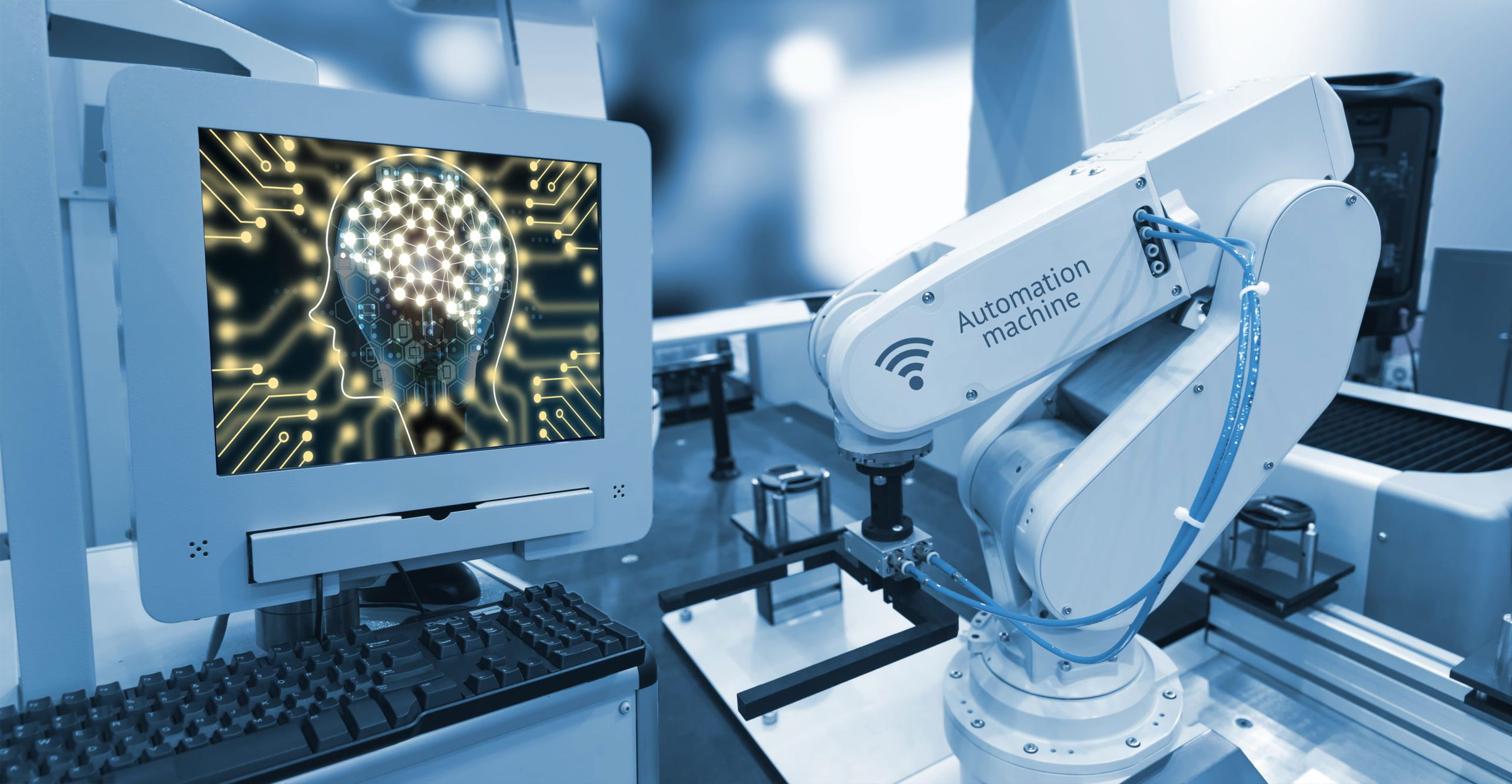
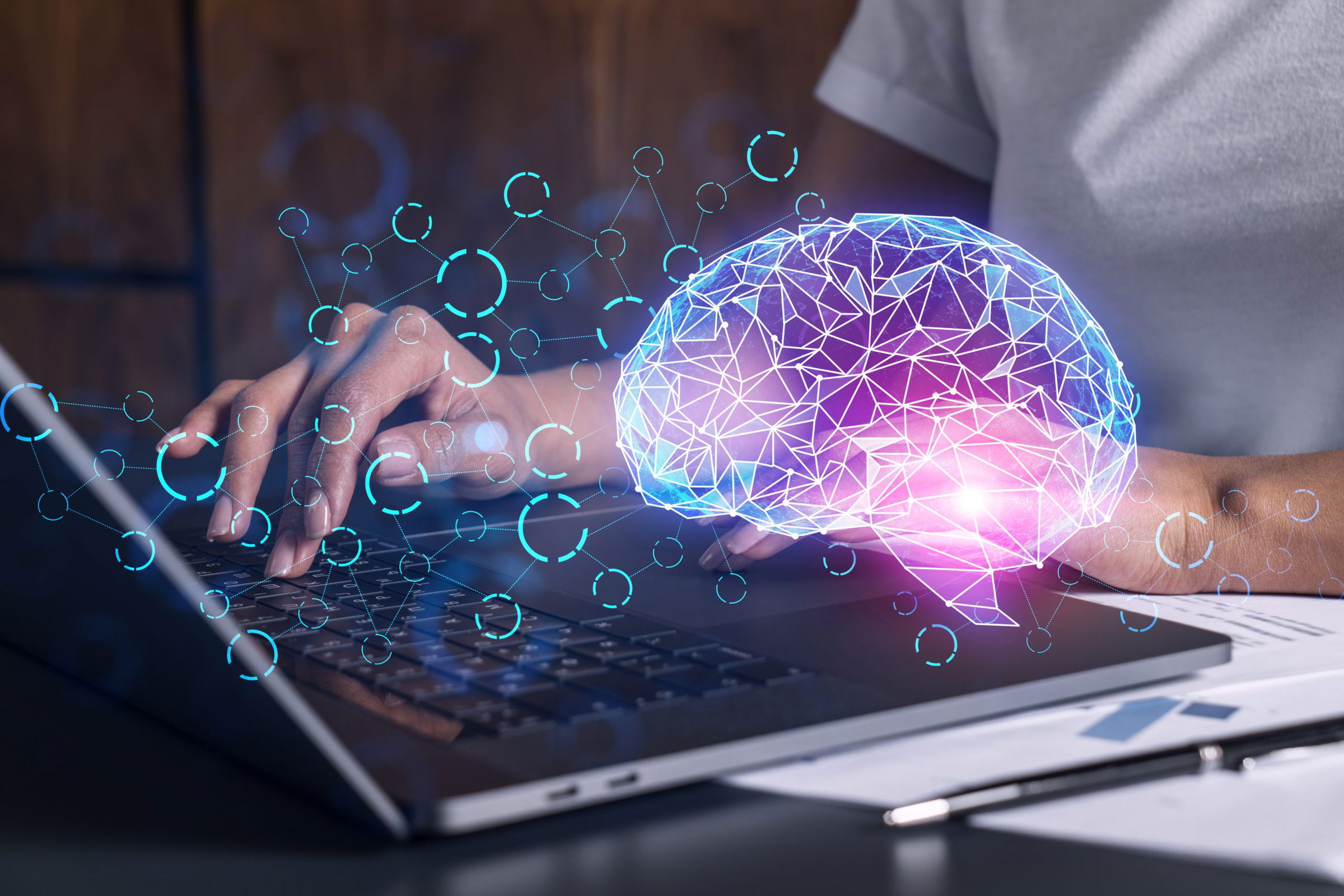



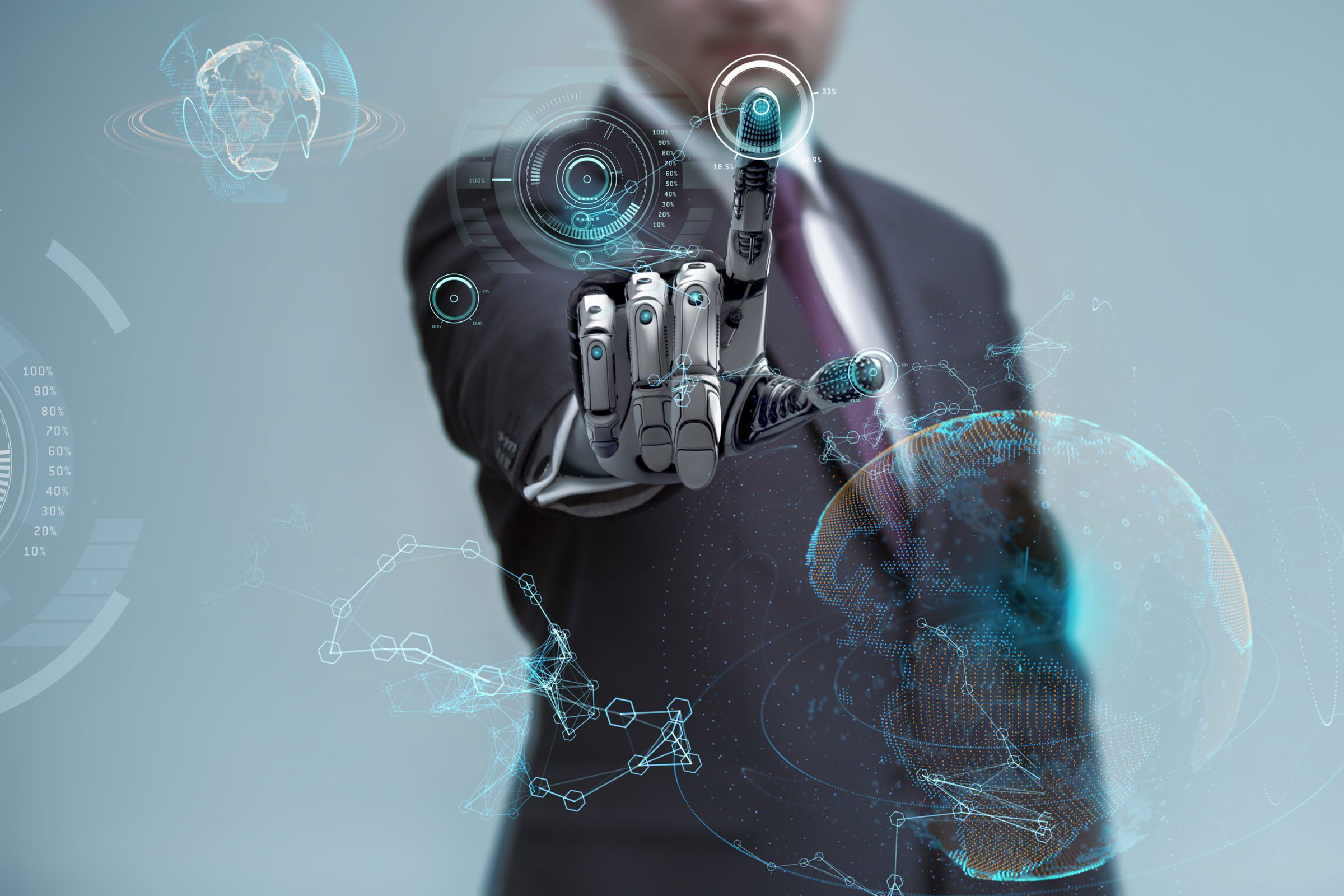
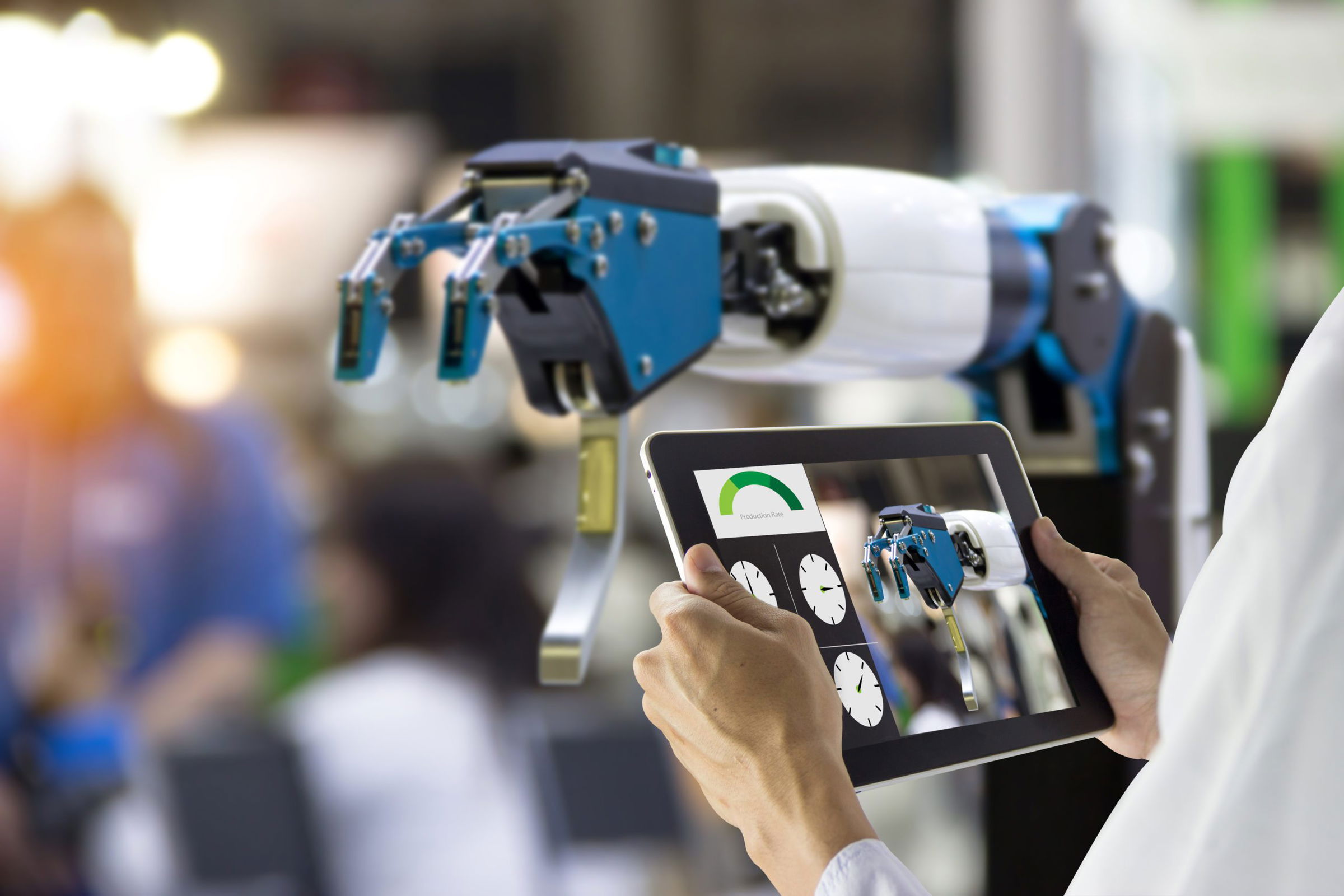
 It is designed to carry out the cognitive functions that humans have specified.
It is designed to carry out the cognitive functions that humans have specified.


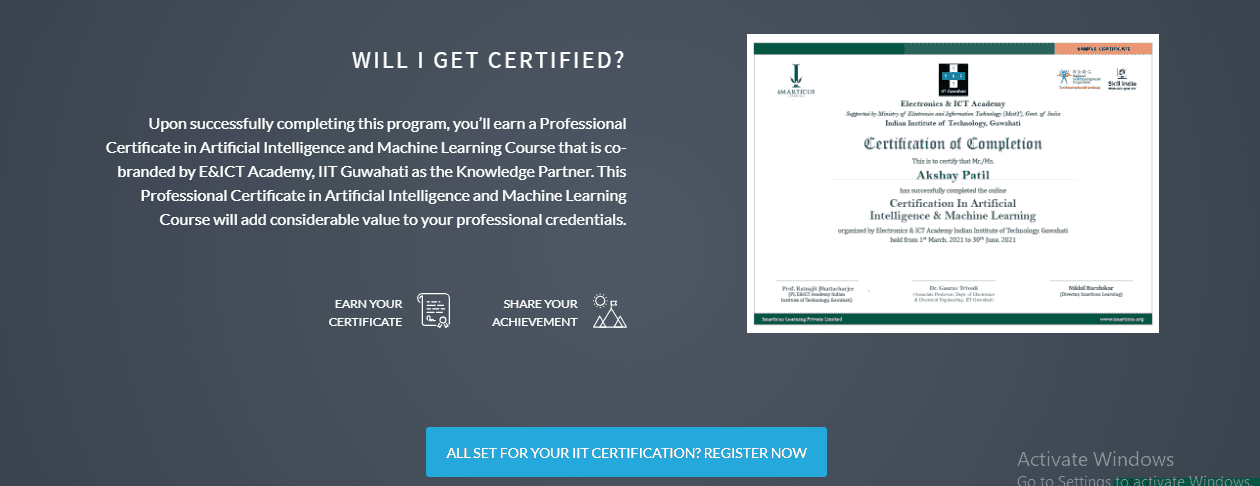


 The opportunity to learn AI ML courses from an IIT is the best thing that can happen to your career. It is an academic investment that will be paying off throughout your life.
The opportunity to learn AI ML courses from an IIT is the best thing that can happen to your career. It is an academic investment that will be paying off throughout your life.
 Now the software that is being focused on has a more photogenic approach,
Now the software that is being focused on has a more photogenic approach,